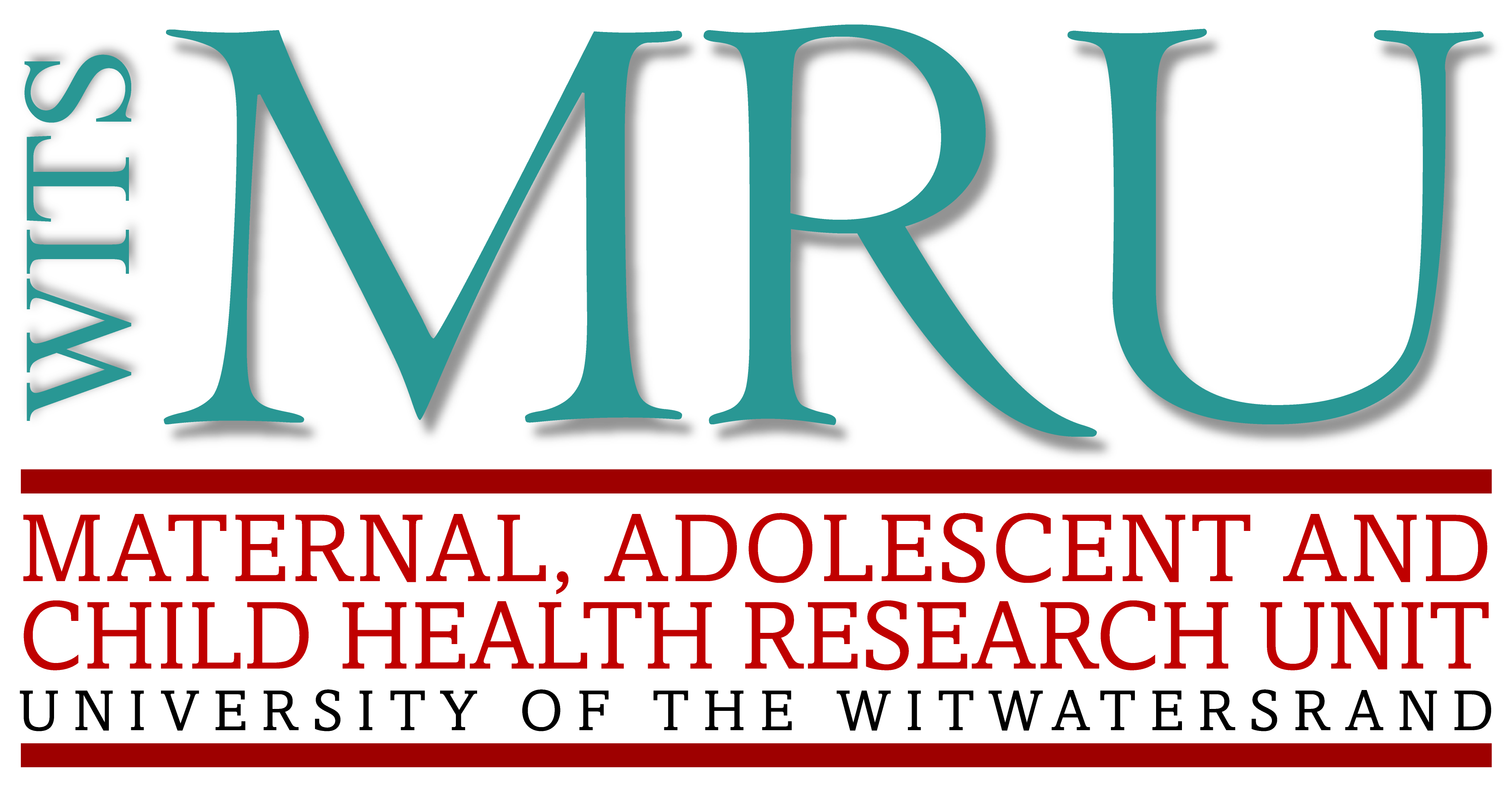The DIFFER project management team recently held the Fifth annual team meeting in Maputo, Mozambique from the 28th September to the 1st October 2015.
DIFFER is an acronym for ‘Diagonal Interventions to Fast-Forward Enhanced Reproductive health’. The project seeks to improve Sexual and Reproductive Health (SRH) services for women in the general population and vulnerable populations, such as, Female Sex Workers (FSW), through the implementation of a ‘diagonal’ strategy. The ‘diagonal’ strategy is based on the hypothesis that combining ‘vertical’ SRH interventions, for example, services targeted at FSW with ‘horizontal’ health systems strengthening through the integration of SRH services within existing health facilities, is practical, feasible, and likely to be more effective and cost-effective than providing them separately. The DIFFER project is funded by the European Commission’s 7th Framework programme.
The meeting this year brought together our 6 project partners from 4 continents, specifically, ICRH-Belgium, Ashodaya Samithi (India), ICRH-Kenya, ICRH-Mozambique, the University College London, UK and MatCH Research (Durban). During the intensive 4 day meeting, findings from the implementation of the Diagonal interventions and monitoring data were presented for the three fieldwork sites, namely, Kenya (Mombasa), Mozambique (Tete), South Africa (Durban) and India (Mysore).
Additionally the meeting endeavoured to use the findings to improve the implementation of the DIFFER intervention and site specific intervention packages. From the intervention monitoring and evaluation data, which will be completed at the end of this 5-year project, the package of interventions will be evaluated for their viability, suitability, efficiency, cost-effectiveness and sustainability.
